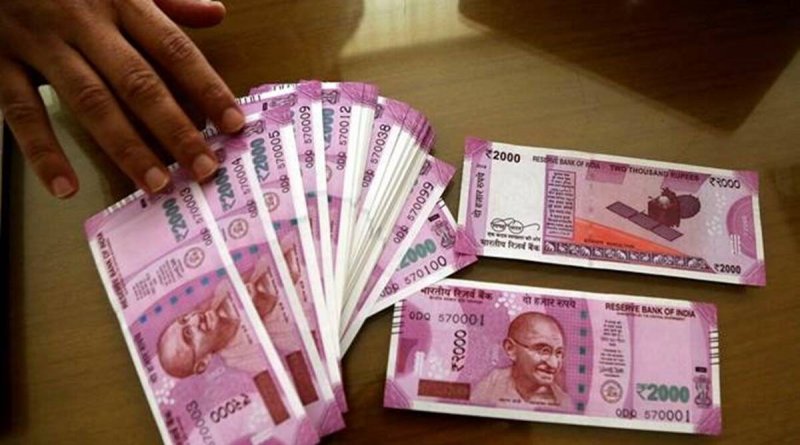TRENDING TAGS :
The Fate of Your Rs. 2000 after RBI's Order: An Insightful Perspective
The introduction of the Rs. 2000 notes was part of the government's demonetization initiative in 2016.
RBI Grants Extension for ₹2,000 Note Exchange Until October 7
In a surprising turn of events, the Reserve Bank of India (RBI) has issued an order that has sparked intrigue and speculation among the masses. The directive specifically pertains to the fate of the Rs. 2000 currency notes, which have become a common sight in the wallets and pockets of many Indians since their introduction in 2016. In this blog post, we will delve into the details of the RBI's order and explore what might happen to your Rs. 2000 notes.
To fully comprehend the potential implications of the RBI's order, it is essential to understand the context behind it. The introduction of the Rs. 2000 notes was part of the government's demonetization initiative in 2016. The move aimed to curb black money, counterfeiting, and promote a shift towards digital transactions. However, the recent RBI order has raised questions about the longevity of these high-denomination notes.
While the specifics of the RBI's order remain undisclosed to the general public at the time of writing, it is essential to consider the possible scenarios based on past experiences and policy trends. Here are a few possible outcomes:
-
Phasing out of Rs. 2000 notes: The RBI might choose to gradually phase out the Rs. 2000 notes from circulation. This decision could be driven by the intention to reduce the prominence of high-denomination currency and encourage the use of smaller denominations or digital alternatives.
-
Currency replacement program: Another possibility is that the RBI could introduce a currency replacement program wherein individuals would be required to exchange their Rs. 2000 notes for smaller denominations or new currency designs. Such an initiative could serve multiple purposes, including deterring illicit activities and ensuring the circulation of fresh currency in the system.
-
Enhanced security features: The RBI might introduce updated versions of the Rs. 2000 notes with enhanced security features to combat counterfeiting. This approach would allow the existing currency to remain in circulation while ensuring its authenticity and reliability.
-
Preservation of value: It is important to note that any decision regarding the fate of the Rs. 2000 notes would likely prioritize preserving the value of the currency. The RBI is likely to ensure that individuals have sufficient time and means to exchange or deposit their existing notes, preventing any potential financial loss.
The RBI's order regarding the Rs. 2000 notes carries several implications and considerations for individuals and the economy as a whole. Here are a few noteworthy points:
-
Impact on cash-dependent sectors: Any changes in the circulation of the Rs. 2000 notes could have a significant impact on cash-dependent sectors of the economy. Industries such as retail, hospitality, and informal markets might need to adjust their operations and payment systems accordingly.
-
Transition to digital transactions: The potential phasing out or replacement of Rs. 2000 notes could further propel the ongoing shift towards digital transactions. Individuals might be encouraged to adopt digital payment platforms, contributing to the government's vision of a less-cash economy.
-
Short-term inconvenience: If a currency replacement program is initiated, there might be a period of inconvenience and adjustment for individuals as they adapt to the new currency denominations and exchange procedures. However, the RBI is likely to implement measures to ensure a smooth transition and minimize disruption.
The fate of the Rs. 2000 notes following the RBI's order is currently shrouded in speculation and uncertainty. While the precise details of the directive remain undisclosed, it is crucial to approach the matter with an open mind and remain attentive to any official announcements or guidelines from the RBI. As the situation unfolds,



